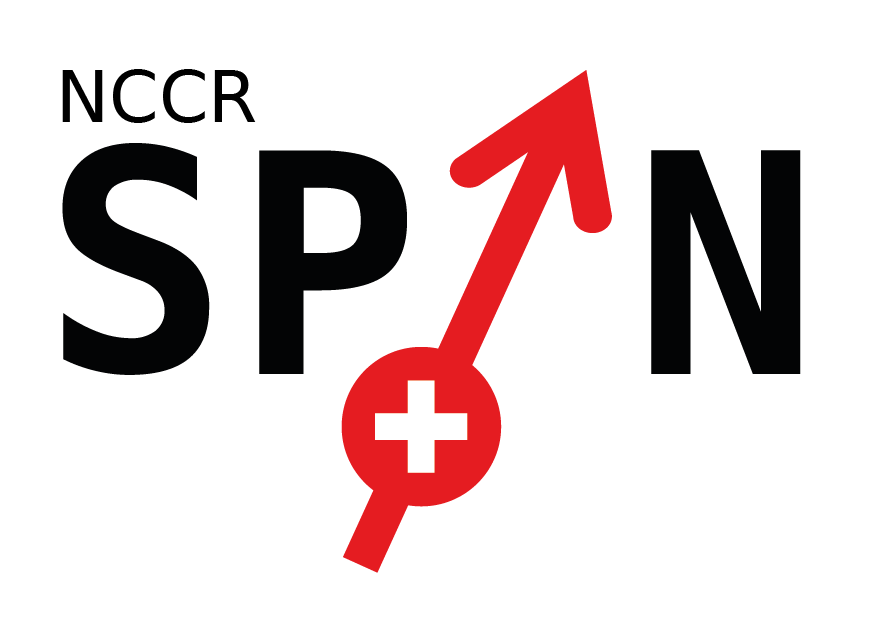Open Course: Spin-based Quantum Computing: Qubit Platforms (2024)
When:
Spring 2024, starting date February 29th, 2024
Lectures: Thursdays, 4:15 - 6pm
Exercises: Fridays, 2:15 - 4pm
Where:
Online course, sign up here
If you are a student at the University of Basel, you should also sign up on the Unibas portal.
Teachers:
Dr. Henry Legg (henry.legg@unibas.ch)
Dr. Ji Zou, Dr. Christoph Adelsberger, Dr. Denis Kurlov, Dr. Dimitry Miserev & colleagues from the NCCR SPIN network
Email:
spin.qubit.basel@gmail.com
Quantum mechanics was first developed about a hundred years ago and has since become one of the great overarching theories. Remarkably, quantum-mechanical principles such as superposition and entanglement enable novel types of computer, quantum computers, capable of solving otherwise intractable problems.
In this course, we will discuss how semiconductor spins can be used for quantum information processing. We will review basic operations of one and two qubits, keeping an eye on how to implement them in semiconducting devices. We will study spin qubits in quantum dots [1], and focus on standard industry materials silicon [2] and germanium [3], currently among the most promising platforms for a large-scale quantum computer.
Starting from the basic concept of a qubit, ideas such as entanglement, prospects for scaling and integration, noise (using the Lindblad master equation), k.p theory for semiconductors, and state-of-the-art research topics, including recent experimental progress, will be discussed.
This course is tailored to master and PhD students, with theoretical (or experimental) background, aiming to widen their perspectives into the fast-growing field of spin-based quantum information processing.
[1] D. Loss and D. P. DiVincenzo, Phys. Rev. A 57, 120 (1998).
[2] L. Vandersypen and M. Eriksson, Phys. Today 72, 38 (2019).
[3] G. Scappucci, C. Kloeffel, et al., Nature Reviews Materials 6, 926 (2021).
Image credits: Miguel J. Carballido
